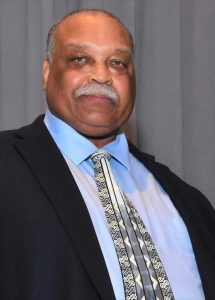What is it Like to Specialize in Diagnostic Radiology?
 My name is Craig Smith, and I’m a Diplomate of the American Board of Physician Specialties® (ABPS). I’ve been a diagnostic radiologist since 1982. I chose radiology because of the lifestyle. I wanted to practice a medical specialty that would allow me to spend more time with my family, and radiology turned out to be a very good choice. I’m able to spend lots of quality time with my family, take wonderful vacations, and still have room on my schedule to attend conferences.
My name is Craig Smith, and I’m a Diplomate of the American Board of Physician Specialties® (ABPS). I’ve been a diagnostic radiologist since 1982. I chose radiology because of the lifestyle. I wanted to practice a medical specialty that would allow me to spend more time with my family, and radiology turned out to be a very good choice. I’m able to spend lots of quality time with my family, take wonderful vacations, and still have room on my schedule to attend conferences.
Professionally, I love anatomy and enjoy applying that discipline to the interpretation of images. Solving complex problems can be fun. I especially enjoy interacting with other radiologists in the reading room. Being able to get a second and third opinion from your colleagues is invaluable, and helping your partners or residents with difficult cases is deeply satisfying.
Although I have saved several patients’ lives by making critical diagnoses on X-rays, working in diagnostic radiology isn’t always straightforward, and can be quite demanding. Every diagnostic radiologist needs to develop the mental stamina to rapidly and accurately interpret a reasonable number of studies in a given time, making sure that each report provides a clear and concise summary that answers the clinical question. In fact, the biggest challenge in the specialty comes from having to read more studies faster while still being accurate.
One of my most challenging cases, which is also one of my most memorable, was that of a 17-year-old boy who suffered a neck injury after diving into a swimming pool. This happened many years ago, before the frequent use of CT scans. The initial study at a different hospital was read as negative, so the boy was sent home. However, he came to our institution still complaining of neck pain. I suspected a fracture and eventually proved that he had sustained a fracture of the odontoid process.
If I had to offer a diagnostic radiologist in training a word of advice it would be: Learn to really enjoy the work. If you truly enjoy it, you will never have to work a day in your life. Also, never stop reading. Read like the Dickens.






